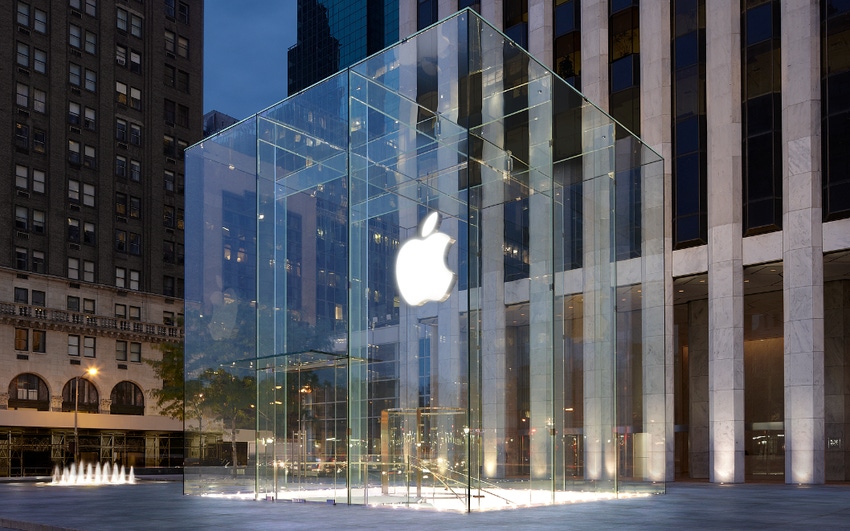Apple has received a class-action law suit in the US, on the grounds that it failed to warn users that iOS 9’s new Wi-Fi Assist feature can eat into the customer’s data plan.
October 26, 2015

Apple has received a class-action law suit in the US, on the grounds that it failed to warn users that iOS 9’s new Wi-Fi Assist feature can eat into the customer’s data plan. The suit states that users incurred overuse charges on both of their iPhone 5s units after upgrading to iOS 9.
William Scott Phillips and Suzanne Schmidt Phillips, the plaintiffs who are bringing the case, allege that the confusion over the working of Wi-Fi Assist led to an “overall amount in controversy”. The cost of that controversy, they estimated, exceeds $5 million. The allegations were filed in a US District Court in San Jose on Friday.
The issue at the heart of the case is that once users update to iOS 9, the system automatically turns on Wi-Fi Assist by default. The rationale of this action is to maintain a smooth Internet experience. By switching to a mobile data connection, when the available wifi signal is weak, the system offers the user continuity, according to AppleInsider.
However, the plaintiffs and their lawsuit do not interpret the machinations of iOS9 in the same way. They allege that Apple “downplays the possible data overcharges a user could incur” from Wi-Fi Assist.
Other have subsequently claimed that the new feature has caused them to use more cellular data than anticipated. The new class-action suit alleges it should be Apple that reimburses customers for any over use.
One complaint is that Apple did not properly explain Wi-Fi Assist on its website. However after a number of articles appeared about unintended cellular data use, Apple began to advise clients about the feature.
This has not satisfied the plaintiffs, whose legal papers argue that Apple’s corrective action still downplays the possible data overcharges. “Consumers use their iPhones for streaming of music, videos and running various applications, all of which can use significant data,” says the suit, which insist that “the Defendant’s corrective statement does not disclose any basis for its conclusion that an average consumer would not see much increase in cellular usage.”
In the complaint, Apple is accused of violating California’s Unfair Competition Law, the state’s False Advertising Law and of negligent misrepresentation.
About the Author(s)
You May Also Like








.png?width=300&auto=webp&quality=80&disable=upscale)


_1.jpg?width=300&auto=webp&quality=80&disable=upscale)


.png?width=800&auto=webp&quality=80&disable=upscale)